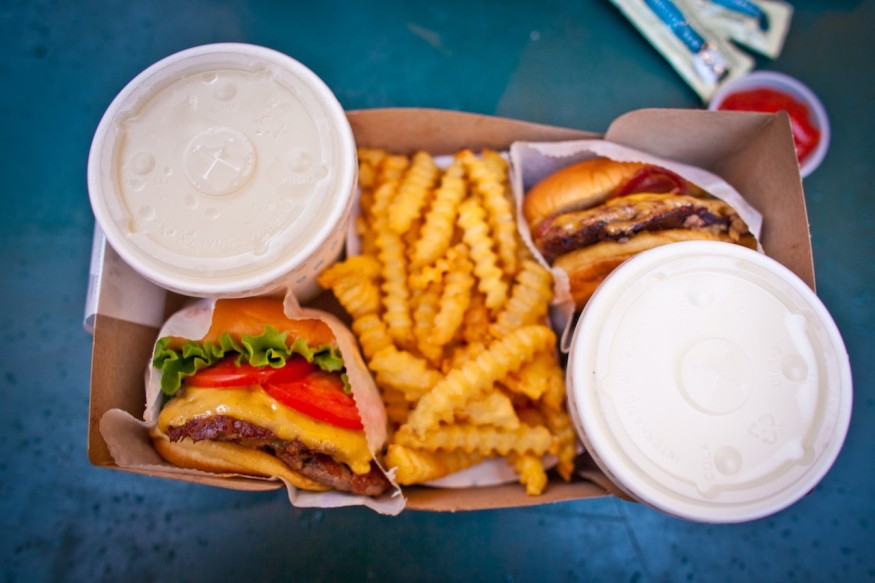Comfort food may seemingly offer a quick fix whenever one is stressed. However, a new study among mouse models reveals that people should think twice about turning into these treats.

Stress and High-Calorie Comfort Food Are Not a Good Combination
Medical News Today reports that a study has found that stress and comfort food when mixed, turn off the brain mechanism responsible for informing a person when they have eaten enough. This may result in overindulgence in one's chosen comfort food. It may further result in weight gain or obesity, which could contribute to even more stress.
A research team from the Garvan Institute of Medical Research discovered this. Their findings were published in the Neuron journal.
Professor Herzog, the study's senior author and a visiting scientist at the institute, explains that their findings demonstrate that stress can override the brain's natural response to diminishing the pleasure one gains from eating food. This means that the brain gets continuously rewarded for consuming food, Science Daily reports.
The study revealed that chronic stress and a high-calorie diet could propel further food intake and increase preference for highly palatable and sweet foods. This, in turn, promotes obesity and weight gain.
The research stresses the importance of having a healthy diet when stressed.
Stress Eating Reinforced
The scientists conducted the study with chronically stressed mice. They discovered that their lateral habenula stayed silent despite consuming high-fat food. The mice just kept eating out of a desire for pleasure without feeling satisfied.
Further analysis revealed that after the stressed mice were given a calorie-free sweet pellet, they doubled their consumption of the sweetened food pellet compared to mice that were not stressed out. This shows that the inclination for sweet foods, even calorie-free ones, went on for stressed mice.
As confirmation, the researchers observed that the mice did not continue overeating after reactivating the lateral habenula with optogenetic light to control neuronal activity.
The researchers also tried a sucralose preference test, wherein the mice were free to drink artificially sweetened water. Professor Herzog explains that stressed mice with a high-fat diet had higher sucralose consumption (three times higher) than mice that were just on a high-fat diet. This suggests that stress stimulates reward when one eats and drives cravings and preferences for palatable and sweet food.
Interestingly, they did not observe such a preference among stress mice with a regular diet.
Importance of a Healthy Diet
The authors say that their results have identified stress as a vital regulator of eating habits that can override the natural ability of the brain to balance out energy requirements. Professor Herzog further explains how the study highlights how stress can compromise a healthy energy metabolism.
Professor Herzog adds that it serves as a reminder to avoid a lifestyle of stress and that if one is dealing with chronic stress, it is important to stick to a healthy diet.
RELATED ARTICLE : Eating These Foods Cause Fatigue and Stress to Brain, Study Says
Check out more news and information on Medicine and Health in Science Times.












